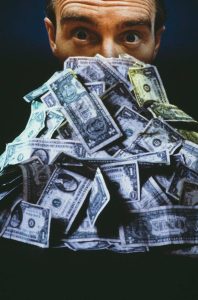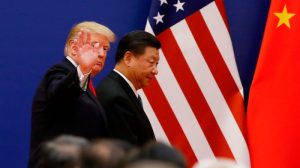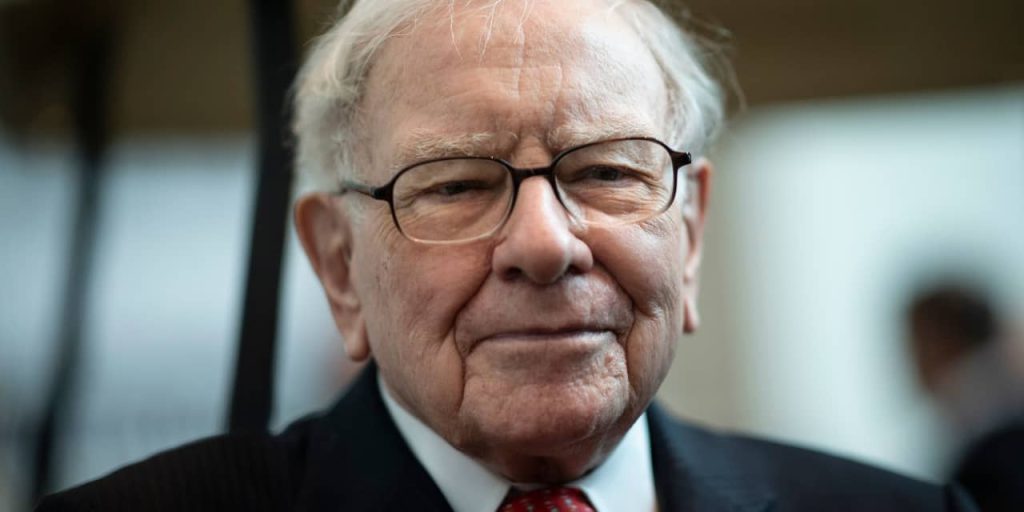Berkshire Hathaway
CEO Warren Buffett said the company has the right CEO to succeed him and the right Board of Directors as he made a donation of $866 million of Berkshire stock to four family philanthropies on Tuesday.
In a letter posted on the Berkshire website, Buffett, 93, wrote that he feels “good but fully realize I am playing in extra innings.”
Berkshire has identified Berkshire vice chairman Greg Abel, who heads the company’s non-insurance businesses, as Buffett’s likely successor.
Buffett also said that his three children, Howard, Susan and Peter Buffett, are executors of his will and will be trustees of the charitable trust that will receive nearly all his wealth This appears to be a new disclosure by Buffett.
“My three children are the executors of my current will as well as the named trustees of the charitable trust that will receive 99%-plus of my wealth pursuant to the provisions of the will. “
“They were not fully prepared for this awesome responsibility in 2006, but they are now. In administering the testamentary trust, the three must act unanimously. Because of the random nature of mortality, successors must always be designated.”
The three children are aged 65 to 70 with Howard and Susan Buffett on the Berkshire board. Buffett began giving away his Berkshire stock in 2006 and has donated more than half of his stake in the company since then. The bulk of the donations have gone to the Bill and Melinda Gates Foundation.
Buffett now owns a 15% stake in Berkshire—some 216,687 Class A shares and 344 shares of Class B stock—and is worth $118 billion. Berkshire’s Class A stock (BRK.A) was virtually unchanged Tuesday at $547,625, while the Class B stock was off 0.1% to $361. In the donation Tuesday, Buffett converted 1,600 Class A shares and converted them to 2.4 million Class B shares.
Reflecting his business and giving philosophy, Buffett wrote the trust will be self-liquidating over a decade or so and be thinly staffed. Buffett is uninterested in creating a long-lasting philanthropy like the Ford Foundation. His view is that his wealth should be distributed relatively soon after his death to maximize its impact. Buffett hates bureaucracies and runs Berkshire with a small headquarters staff in Omaha.
“My children, along with their father, have a common belief that dynastic wealth, though both legal and common in much of the world including the United States, is not desirable. Moreover, we have had many opportunities to observe that being rich does not make you either wise or evil. We also agree that capitalism—whatever its weaknesses, including the vast disparities in wealth and political influence that it delivers somewhat capriciously to its citizens—has worked wonders and continues to work wonders.”
“The testamentary trust will be self-liquidating after a decade or so and operate with a lean staff. To the extent possible, it will be funded by Berkshire shares. Berkshire—one of the largest and most diversified companies in the world—will inevitably encounter human errors in judgment and behavior. These occur at all large organizations, public or private. But these mistakes are unlikely to be serious at Berkshire and will be acknowledged and corrected. We have the right CEO to succeed me and the right Board of Directors as well. Both are needed.
“In the short-term, Berkshire’s distinctive characteristics and behavior will be supported by my large Berkshire holdings. Before long, however, Berkshire will earn whatever reputation it then deserves. Decay can occur at all types of large institutions, whether governmental, philanthropic or profit-seeking. But it is not inevitable. Berkshire’s advantage is that it has been built to last.”
“After my death, the disposition of my assets will be an open book—no “imaginative” trusts or foreign entities to avoid public scrutiny but rather a simple will available for inspection at the Douglas County Courthouse. “
Write to Andrew Bary at [email protected]
Read the full article here















